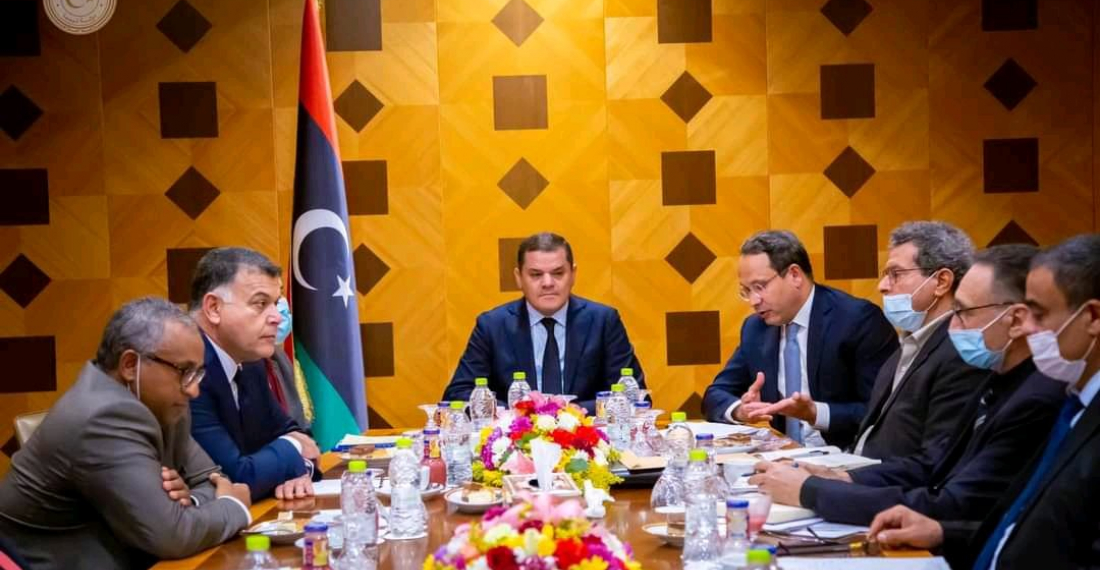Libya’s first unity government in seven years was sworn in before the parliament in Tobruk on Monday – a step that received positive appraisal from regional and international parties alike. More than 100 parliamentarians and several Arab and foreign ambassadors attended the ceremony. Earlier on the same day, Dbeibah and his cabinet took the oath of office before the High Court in the capital Tripoli before heading to Tobruk. The government will officially start its duties as of today.
However, work is just starting for prime minister Abdul Hamid Dbeibeh and his large cabinet. Dbeibah’s Cabinet includes 33 ministers and two deputy prime ministers. The large cabinet is said to be reflective of Libya's different geographic areas and social segments.
The main task is the political preparations ahead of elections, but unifying the armed forces is also of utmost priority. On Monday, Libya’s 5+5 Joint Military Commission held a meeting in Sirte to discuss ongoing efforts to clear mines from the coastal road linking the city to Misrata.
On Tuesday, the office of the Tunisian president announced that President Kais Saeed will visit Libya on Wednesday. The office said that "This visit falls within the framework of Tunisia's support for the democratic path in Libya, linking bridges of communication and consolidating consultation and coordination between the leaderships of the two countries."
Last week, the European Union warned any actors against spoiling the peace efforts. The swift approval and swearing-in of the new government were largely possible due to international pressures to neutralise any foreign interference.






